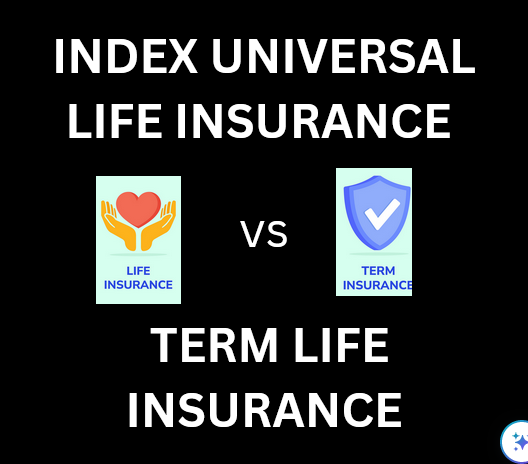Term and universal life insurance are two of the most popular types of life insurance, and each has certain benefits and drawbacks.
The primary distinctions between the two types of insurance are that term life insurance has more inexpensive premium payments and a predetermined expiration date, whereas universal life insurance premiums are much more expensive but are valid for the whole life of the policyholder. Additionally, cash value is a feature of universal life insurance that policyholders can access for additional purposes.
How Term Life Insurance Works
The most fundamental kind of life insurance is called term life. It offers protection for a predetermined amount of time. Your dependents will receive a payment if you pass away before the term is up as long as you continue making premium payments, which are typically more inexpensive than permanent insurance. Some policies offer supplementary coverage for accidental death as well as coverage for loss of limb.
How Universal Life Insurance Works
A type of permanent life insurance known as cash value insurance is universal life insurance. These insurance contracts have a death benefit that is paid to beneficiaries upon the death of the policy holder, but they are lifelong contracts.
A savings component, or cash value, of universal life insurance also accrues over time on a tax-deferred basis. You can frequently borrow against the cash value of your insurance policy, for example, to pay for other expenses.
Example of the Differences Between Term and Universal Life Insurance
The cost of term insurance tends to go up as you become older, whereas the cost of universal life insurance stays the same. For instance, a term insurance premium for a 21-year-old might be $20 per month for a specified amount of coverage.
For the same amount of coverage under a universal policy, the 21-year-old might pay $100 per month, of which $20 would go toward death payments and the remaining $80 would go toward savings.
Term insurance may cost $50 per month at age 45 whereas universal life might still cost $100 per month, though less of that sum would go toward the cash savings component and more would be allocated to risk-related costs.
Special Considerations
For the average person wishing to protect themselves and their loved ones from unforeseeable disasters, term life insurance is suitable. This is particularly true for young families on a tight budget, in part because they may purchase a considerably larger term coverage for the same amount of money.
The fact that term insurance eventually expires might be appropriate for some people. For instance, parents with grown, financially independent children could no longer require life insurance.
Nevertheless, not everyone should choose for term life insurance. People who would benefit from permanent insurance’s tax benefits, for instance, would not be as concerned about the increased prices of those plans.
What occurs to term life insurance when the term is over?
Most life insurance policies have a termination date after which you will no longer be covered. You can renew the policy at that point, however the rate probably will be higher. In rare circumstances, you can change a term life insurance policy into a permanent one.
What is the disadvantage of whole life insurance?
The fact that premium payments for whole life insurance are much higher is its major drawback. A whole life insurance coverage could be out of reach for some people. Because it includes a cash value component, whole life insurance can be more complicated.
CONCLUSION
Both term and universal life insurance come with specific benefits and drawbacks to think about. When deciding which policy could be the best fit for you, consider variations such premium prices and term lengths. Consult a seasoned financial advisor for additional individualized advice so they can help you understand how each coverage would fit into your unique financial position.

